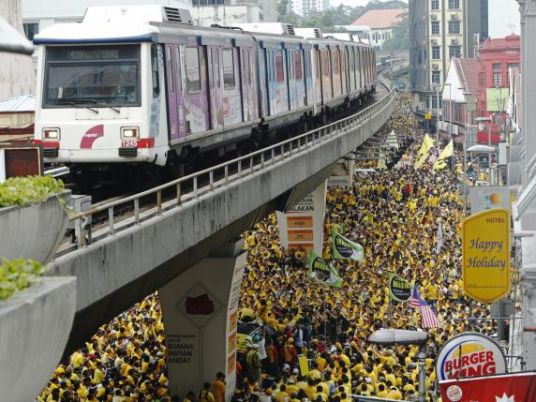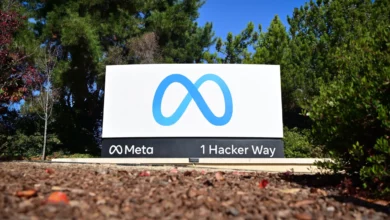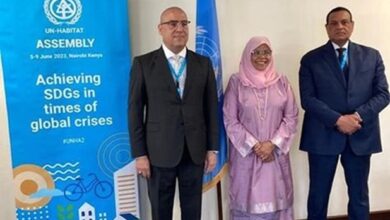
Malaysia increasingly resembles a "police state" as the government uses repressive laws to silence critics including those demanding the prime minister answer corruption allegations, Human Rights Watch said Tuesday.
The US-based group said in a report that, despite earlier promises by the longtime government to end abuses, Prime Minister Najib Razak was accelerating a crackdown that began after a poor showing in the 2013 election.
"Malaysia is starting to resemble a police state. People who are engaging in open and honest criticism end up charged for a crime," said the rights organization's Asia director Brad Adams.
Those targeted increasingly include opponents who accuse Najib and state-owned company 1Malaysia Development Berhad (1MDB) of corruption, Human Rights Watch said.
Critics say massive sums are missing from 1MDB — which Najib launched — and it was revealed in July that nearly US$700 million in mysterious deposits were made to the premier's personal bank accounts.
The rights group's report, entitled "Creating a Culture of Fear", said Najib's government was using investigations and a range of charges to pressure opposition politicians, civil society groups, critical media outlets and others.
"Obviously, the 1MDB scandal is causing the government to feel insecure and leading them to lash out at its critics. They are trying to shut down critics from all directions," Adams said.
Najib and 1MDB deny any wrongdoing but are widely accused of failing to come clean.
Najib calls the corruption allegations a "political conspiracy", without giving specifics, and authorities have arrested or launched investigations against some of his most vocal critics.
Media outlets also have been pressured to stop reporting on the scandal, Human Rights Watch said.
Najib has defended his government's actions by saying that Malaysians enjoy significant liberties but that there must be limits on freedom.
The tools in the crackdown are a range of "broad and vaguely worded laws that the government can wield to arrest, investigate, and imprison its critics", Human Rights Watch said, most typically the Sedition Act.
It said more than 200 people have been arrested or questioned by police in the past two years for criticising or challenging authorities.




